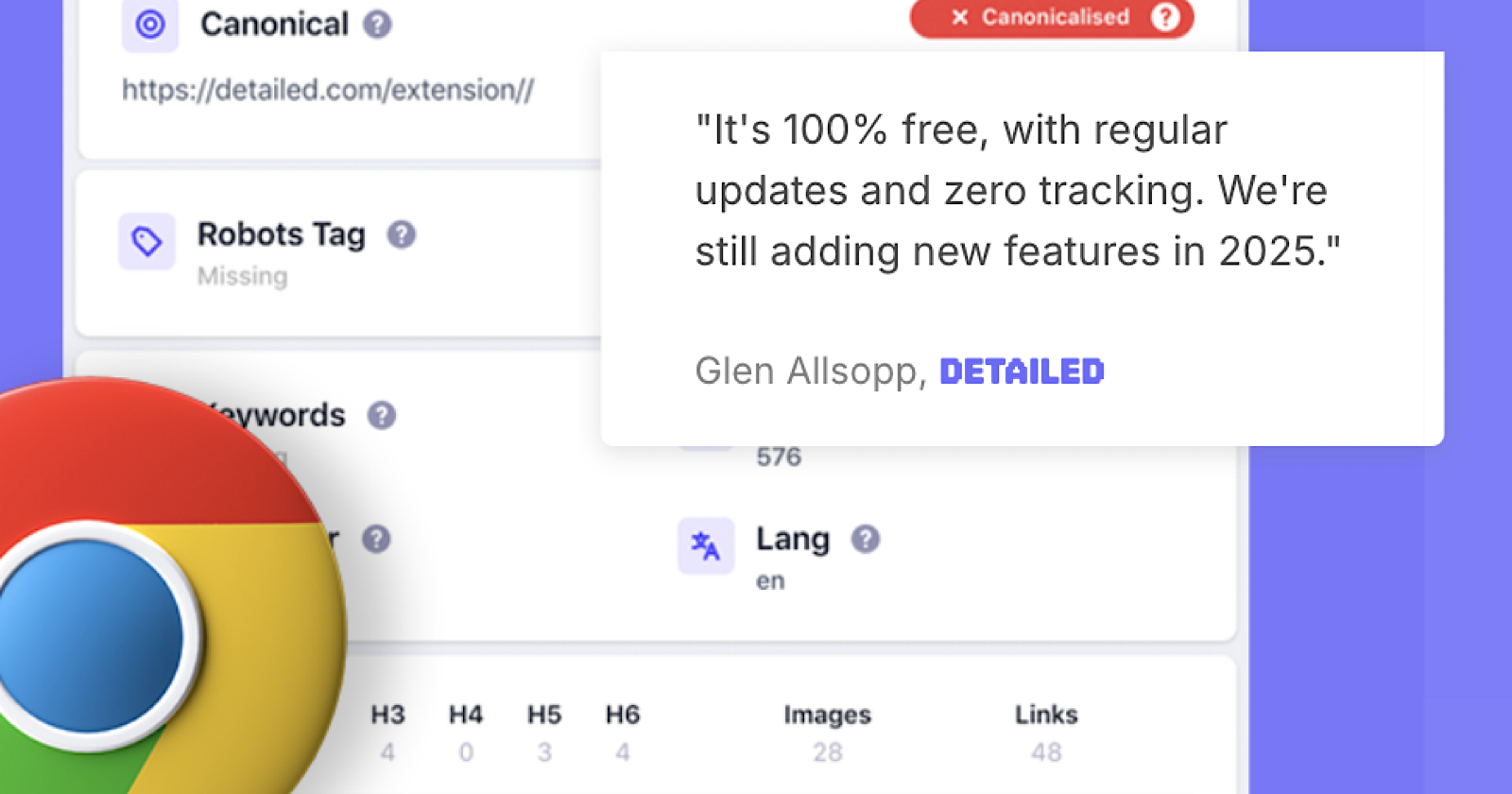Is Your Content The Right Fit For Your Audience? Learn About Context Marketing And How to Apply it
Context marketing lets you target your customers at the right moment. Learn about how to apply it successfully. The post Is Your Content The Right Fit For Your Audience? Learn About Context Marketing And How to Apply it appeared...


Successful businesses know their consumers are constantly evolving. The modern consumer is selective when they consume media. They don’t appreciate top-down marketing strategies anymore. Rather, they want businesses to cater their content according to their needs and not the other way round.
Context marketing is an excellent solution for any brand that wants to up its advertising game. It’s a consumer-centric approach that involves pushing relevant content to your target audience based on what they’re doing at that moment. The ultimate goal is to ‘catch’ your consumers when they’re engaging in an activity that is related to your brand.
For example, a woman is searching for an easy recipe on YouTube to make lunch for her children. She clicks on the video she wants to watch and a pre-roll runs before she can access her content. The pre-roll is advertising a bento/lunchbox brand. The woman finds this to be useful and clicks on the provided link to purchase bento boxes for her children. This would be a context marketing win.
Context Vs Content Marketing: The Guide
Brands that regularly advertise know all about content marketing but here’s a quick recap just in case.
Content marketing is all about content creation and sharing. You can create multiple forms of digital content pieces, including but not limited to short and long-form videos, static graphics, 2D/3D animations, blog posts, and 360 videos. This content is intended to generate interest in a brand but doesn’t specifically use consumer preferences as insights.
Context marketing is different because it uses data-driven insights to target your consumers at the most relevant times. Brands can select from a variety of options to create a contextual campaign that makes consumers pay attention because it promotes something they need at any given moment.
For example, if you were advertising a call masking app using a content marketing strategy, you would create a bunch of posts promoting the app. You’d post these on your social media and use media spends to advertise it to a general audience. This strategy might work, but it won’t get you the ROI you need.
Alternatively, you could use a context marketing strategy and place ads for the app in YouTube videos involving pranks. You could also use Google AdSense and have your ads pop up when people search for privacy concerns when making phone calls. This strategy would ensure you hit your marketing KPIs and would be much more efficient.
Why Does Context Marketing Work?
It’s a good time to segue into the whys of context marketing. Why should your brand adopt a context marketing strategy? What’s in it for you? These are great questions to ask and the answers will reassure you.
Here’s why context marketing works for advertisers:
Context Converts
The key to getting crazy conversions is to study your consumers’ journey. Traditional marketing focused on a funnel approach, where the brand would guide the consumer towards purchase. Context marketing asks you to consider the consumers’ needs before pushing content to them. Adopting this strategy leads to better content performance and an impressive conversion rate.
Context is Affordable
Brands can get efficient results that are lighter on the pocket than a content-based approach. There’s no need to create endless campaigns to sell your product or services. You can use one or two key content pieces, target them to pop up at the right time, and enjoy successful results.
Context is Retained
All brands want to break through clutter. In an over-saturated digital space, thumb-stopping power is king. Context marketing allows brands to increase both Top of Mind (TOM) and recall because it creates brand equity, i.e. provides consumers with branded yet impactful experiences. These make them less likely to forget about the brand.
How to do Context Marketing the Right Way
Context marketing should be your go-to strategy across the various touchpoints in your marketing plan. The approach applies to ideation, comms, and even your brand’s digital eCommerce strategy. We will discuss implementation in greater detail below.
An efficient context marketing strategy simultaneously identifies and solves consumers’ problems or pain points. Brands shouldn’t be worried about getting eyes on their products. They should be more concerned about solving key issues that their consumers have, to increase their customer base and win loyalty over time.

Interested in becoming a Content Marketing Professional? Get our Content Marketing Mastery Certification and become an expert. Click here
Special 4th of July Promo Specials:
Certification: $95
Content Pro Bundle: $593
Keeping this in mind, these are some of the points to consider when formulating your brand’s context marketing strategy:
1. Use Popular Platforms to Craft Experiences
According to Statista, approximately 6.648 billion people own smartphones around the world. This is a staggering number because it accounts for almost 83.72% of the global population. Any successful brand knows they have to be where their consumers are, which is to say on smartphones.
Brands can utilize context marketing to create relevant experiences for consumers right on their cellphones. An efficient and uncomplicated way to do this is to follow PUBG’s example.
The mobile game collaborated with K-Pop girl group BLACKPINK last year to create a set of in-game billboards, electronic displays, and custom outfits for playable characters. With K-Pop on the rise, BLACKPINK placed themselves in a relevant space and targeted gaming consumers so they would create a positive association around both the brand and the band.
Context marketing through mobile phones is also possible through geotargeting. Dominos ran a successful campaign where they pushed offers and deals to consumers based on their exact location. This was all done in real-time; consumers got texts urging them to order Dominos with a unique discount for their area. The campaign was a major win and resulted in a high conversion rate for Dominos.
This model can be replicated: imagine efficiently reaching consumers through texts or voicemail at the time they need it most. Their brand love would increase exponentially.
2. Place CTAs in Effective Spaces
All branded content being pushed in online spaces should include a Call To Action (CTA). Context marketing works when a potential consumer sees your advert in a space where it’s hyper-relevant.
For example, if an employer is browsing online about “remote culture”, they would be open to seeing an advertising blog about remote work. A strong CTA like “Visit Here!” might give them the extra push they need to open your webpage.
3. Create Spaces for Social Sharing
Virality can make or break brands in this digital age. Brands can amp up their shareability with a focused context marketing strategy. A good example to follow is to look at what Buzzfeed does.
Buzzfeed is a content giant and it works solely on the principle of social sharing. If your friend enjoys an article or quiz made from Outgrow Quiz Maker, they will send you the link. You will engage with the content piece, earning Buzzfeed revenue, and you might share it forward, too. Buzzfeed engineers this process by customizing the sharing buttons on the bottom of its web pages.
So, based on a consumer’s online habits, the article they see will have specific buttons for the social media sites they visit most. Frequent Instagrammers will see the Gram button first in order, whereas Twitter users will see the blue bird. This is a smart way to contextualize your content since it places the audience in the top spot.
Brands can also incentivize social sharing and/or engagement. For example, everyone knows how to rate an app but not everyone wants to do it. Your brand can offer a small incentive such as a discount coupon or a BOGO offer to get consumers to rate your app. It seems like a small gesture but this kind of context marketing can increase retention and build a positive association around the brand for the audience.
Bonus: Contextualize your Marketing with Facebook
It’s worthwhile to note that Facebook is an important platform for brands looking to deploy context marketing. Numerous Facebook groups cater to almost every niche you can think of. Some of these groups also allow brands to covertly advertise their products or services cleverly.
For example, an FMCG brand can offer a month’s or year’s worth of goods to users that engage with its digital campaign in the group. Consumers love when brands engage with them in a personal space as long as they’re not obnoxious about it and Facebook groups are a good way to do that.
Facebook also makes it possible to target ads based on what users have liked or engaged with. If you like a page about rock climbing, for example, you’re likely to start seeing adverts from brands selling safety gear or sports apparel. This makes it possible for brands to pull in new customers from a specific pool, meaning they increase their TOM for their audience.
Whether you leverage Facebook or Google to contextualize your adverts, the point of note is that context marketing works. It delivers results backed by data, allows for reduction in marketing spends and content budgets, and enables businesses to build brand equity through relevant and impactful consumer experiences.

 UsenB
UsenB 































